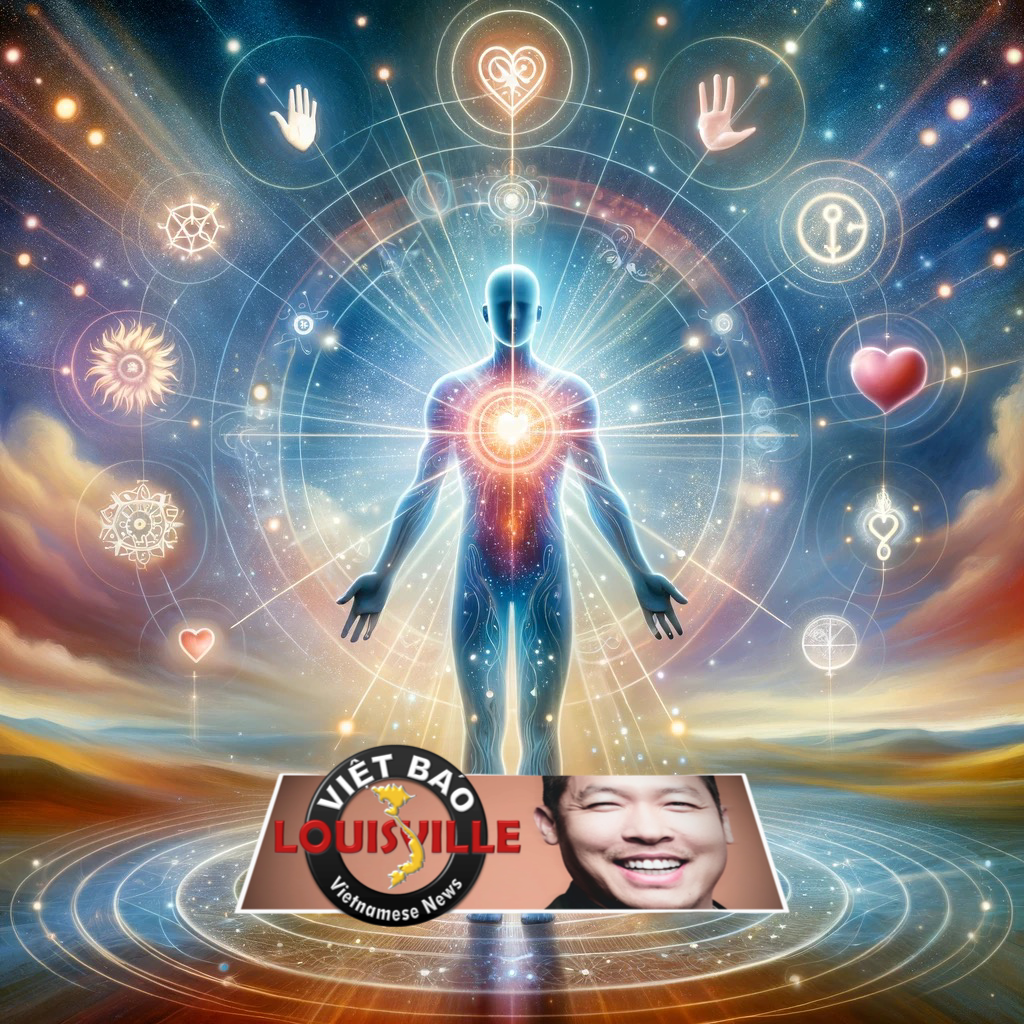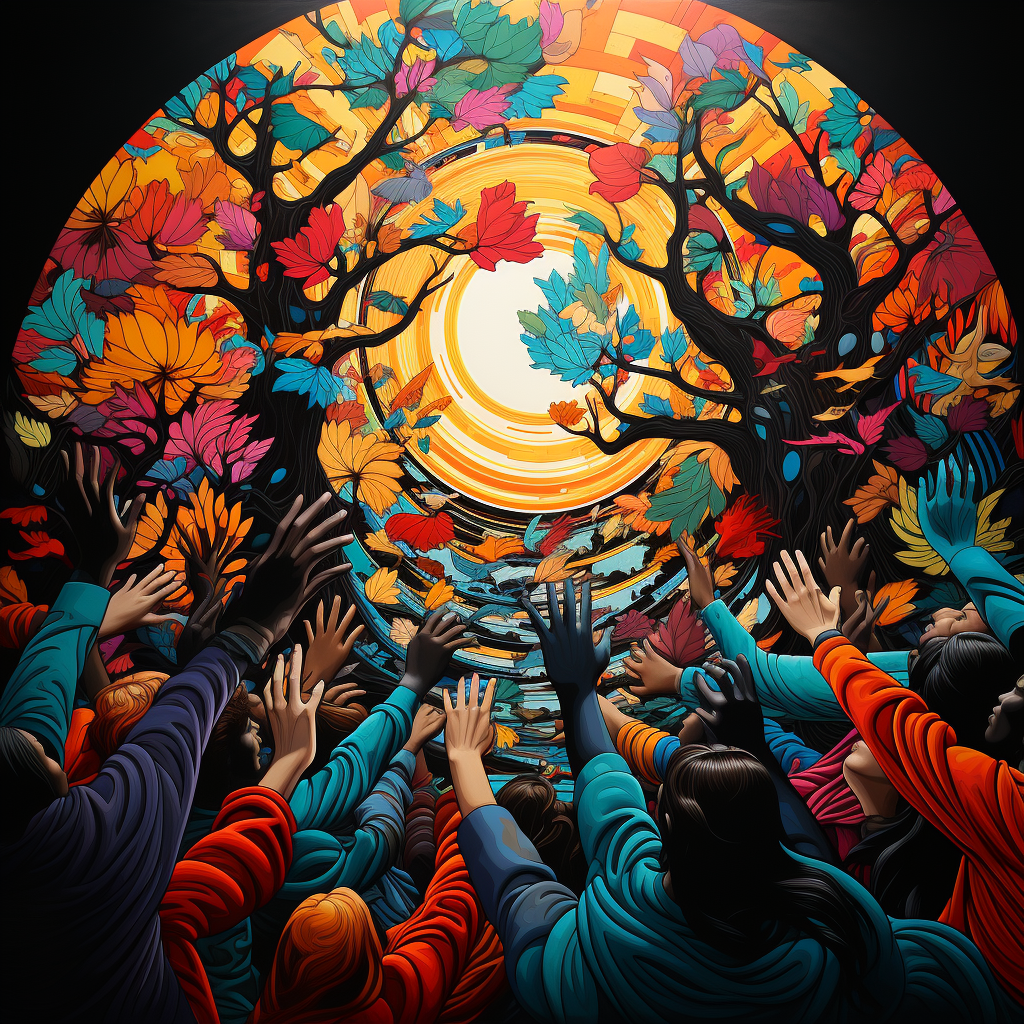In a world where materialism often takes precedence, the wisdom of Dr. Wayne Dyer and the reflections of Di Tran serve as a beacon of light, guiding us towards a more fulfilling and purposeful existence. Dyer’s profound statement, “We are simply spirit carriers,” encapsulates the essence of our transient journey through life, reminding us that our physical form is but a temporary vessel for our eternal spirit.
From the moment of our birth, our bodies undergo a myriad of transformations – from a helpless infant to a curious child, from a vibrant youth to an aging adult. Yet, as Di Tran observes, none of these changes are within our control. What remains constant, however, is our ability to influence our thoughts and actions. It is in this realm that we hold the power to shape our destiny and make a meaningful impact on the world.
Di Tran’s journey, from his humble beginnings in Vietnam to his accomplishments as a nurse, educator, and entrepreneur in Louisville, Kentucky, exemplifies the transformative power of service. His life’s work, whether it be through his contributions to the beauty industry, his advocacy for immigrants, or his commitment to education, is a testament to the principle that true satisfaction lies in being a servant to others.
In adopting the mantra, “I am your servant, what may I be at your service,” Di Tran echoes the teachings of Dyer and other great leaders and mentors. This mindset shifts the focus from the accumulation of possessions to the selfless act of giving. It is a reminder that our efforts, when directed towards serving others, will inevitably return to us in manifold ways.
As Di Tran navigates the complexities of life, including his involvement with the Kentucky State Board of Cosmetology and his advocacy for immigration reform, he remains grounded in the belief that service is the highest calling. In surrendering to this purpose, he finds not only personal fulfillment but also contributes to the greater good of humanity.
In conclusion, the message of Wayne Dyer and the lived experience of Di Tran offer a profound insight into the human condition. They remind us that while we may not have control over the physical changes our bodies undergo, we have the ultimate power to choose how we think and act. By embracing the spirit of service, we can transcend our limitations and connect with the eternal essence of our being, leaving a lasting legacy of love and compassion in our wake.







